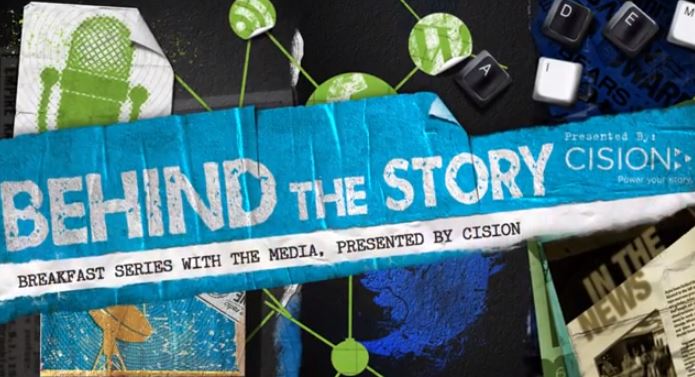 Guest Post by Lisa Denten (Editorial disclosure: Lisa works for Cision, a client of Shonali Burke )
Guest Post by Lisa Denten (Editorial disclosure: Lisa works for Cision, a client of Shonali Burke )
Hosting an event is just the beginning of its life-cycle. The content you create and the leads you nurture will keep your event alive well after its end date.
To make sure you get maximum return on your event, keep these tasks top priority during the pre- and post-event planning stages and beyond:
#Hashtag: Using an event hashtag gives attendees the option to share content in real-time and engage with each other, and if there are enough people using the hashtag, there is the possibility of it trending on Twitter.
Tip: Keep the hashtag short and simple, and make sure you have it displayed at the event so the audience knows to participate.
Video: With 92 percent of mobile video viewers sharing videos with others and 1 billion unique users on YouTube each month, it’s a great way to connect with your audience and reach new members.
Tip: If you’re hosting a speaker, film their session and edit it down to quick, digestible takeaways post-event. If you’re hosting a meet-up, ask attendees to answer questions on-camera, and edit the montage together for distribution.
Content: Turn insight and tips shared into white papers, tip sheets, blog posts, or webinar topics. Take photos and if you generate enough tips and insight, package the content together into a kit.
Guest Bloggers: If you hosted a speaker at your event or built a relationship with someone in the industry, offer to guest post on their site, and invite them to yours. By publishing on their site, you’re introducing yourself to a new audience, and by inviting them to your site, you’re offering your readers a new perspective and voice.
Nurture Campaigns: Add the attendees into your nurture campaign, and carefully pick thought leadership pieces to send them. This will give you more insight on what they’re interested in and their needs. Make sure you are fully evaluating their responses before turning them into a lead.
Tip: If they aren’t interested in a product you offer now but appreciate your outreach and content, they may turn into a great referrer in the future.
What advice do you have for extending an event’s longevity?
 Lisa Denten is the social media manager of Cision US. She manages the company’s Twitter, Facebook, Google+, LinkedIn, Tumblr, and Instagram communities, contributes to Cision Blog, and assists with content, social strategy, and tactics. She is a frequent host on Cision’s weekly webinar series, has spoken at marketing conferences, and helped plan Cision’s Behind the Story series. She can be found on Twitter at @lisaml15.
Lisa Denten is the social media manager of Cision US. She manages the company’s Twitter, Facebook, Google+, LinkedIn, Tumblr, and Instagram communities, contributes to Cision Blog, and assists with content, social strategy, and tactics. She is a frequent host on Cision’s weekly webinar series, has spoken at marketing conferences, and helped plan Cision’s Behind the Story series. She can be found on Twitter at @lisaml15.
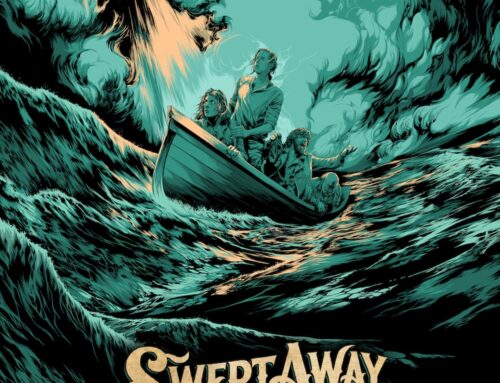
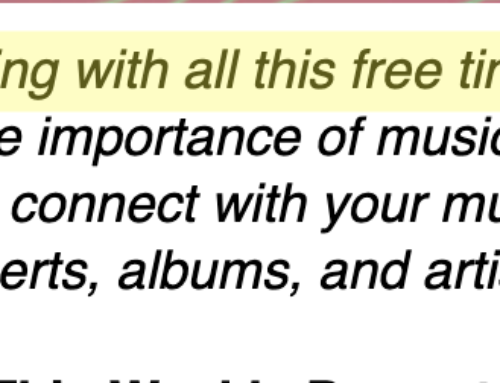
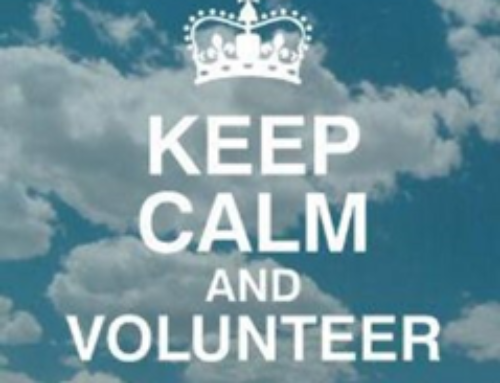



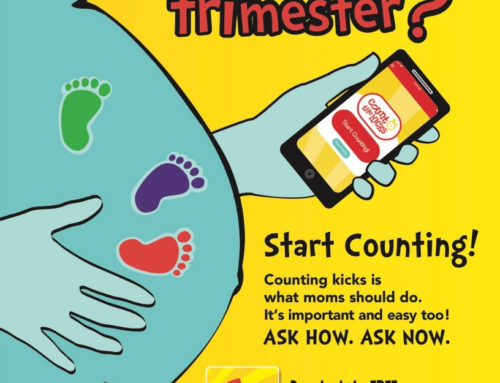


[…] 5. Extend the Life of Your Event with Post-Event Planning […]
I never thought about post event planning before. That is a good idea to help extend the effect of the event. Next time I will try and film the speakers as you suggested.
http://www.artsrapidcity.org
[…] 6. Extend the Life of Your Event with Post-Event Planning […]
[…] UnLyrical PR Blog Authored ‘Extend the Life of Your Event with Post-Event Planning‘ to share advice and publicize an industry panel to the […]
[…] UnLyrical PR Blog Authored ‘Extend the Life of Your Event with Post-Event Planning‘ to share advice and publicize an industry panel to the […]
[…] 6. Extend the Life of Your Event with Post-Event Planning […]
Great
tips, Lisa. Question: if the event sponsor doesn’t have a hashtag
established, a speaker could announce and promote his/her own hashtag
for the audience to use, right? Or is their a downside to that?
http://dieabnehmlosung.de/
Very significant article for us ,I think the representation of this article is actually superb one. This is my first visit to your site.
<a href=”http://www.advertiseinpakistan.com/”>Advertise On Fm 107</a>
You Need Traffic! The Secret To Success Online Is Traffic.
People Need To See Your Page. Drive Visitors To Your Site Today With Our Advertising Services And Software. Guaranteed Visitors, Solo Ads, Submission Software And Services And More At Affordable Prices (http://Tinyurl.Com/3gce3ot) Ids (11637)
“http://www.spokeo.com/?g=name_text_3_A9477723947”
RobBiesenbach Haha! I didn’t even notice the grammar mistake, which was for sure caused by fast typing!
Smart point on some audience members not being on Twitter. While live-tweeting is a great way to get the Twitter audience engaged, your perspective reminds me of the importance of integrated campaigns! Post-event video, blog posts, emails, etc., are a good way to reach people who may have missed Twitter content.
I hope the webinar went well! Nice chatting with you here, hope to talk soon!
Best,
Lisa
Cision NA Thanks, Lisa! Very good points. You post was really, really timely, as I just did a webinar today. Great advice about running it by the organizer first and for keeping things short. I hadn’t thought about using my name.
I do think one thing for marketing and communications people to keep in mind is that most people aren’t on Twitter. Going forward I’ll be interested to see how much traction I get with non-marketing audiences. But even if the audience itself doesn’t engage, it’s probably good exposure to your regular Twitter followers.
Thank you!
Howie Goldfarb Thank you for the kind words, Howie, and input! This is very true, and finding a way to make everyone feel included – even if they’re reading content post-event and didn’t attend – is a great way to make them feel like part of your community and encourage further interaction, whether that is by attending a future event, sharing your content, etc. Love that you mentioned CM & SEO, as it is such an important part of keeping your event going after it’s ended!
Thank you for chiming in!
Best,
Lisa
RobBiesenbach Hi Rob! Thank you for commenting, and great question. Many participants will want to live-tweet or share tips at events, and using a hashtag gives event-goers and organizers a good way to track all of the tweets. It’s also a good way to get a larger social audience interested.
I don’t see any downside to creating your own hashtag, but you may want to run it by the organizer or sponsor just to make sure they’re OK with the branding you’re using.
When creating an event hashtag, I would recommend keeping it as short as possible (only 140 characters on Twitter!) and try to make it easy to understand. For instance, if you’re speaking on SEO at a Social Media Week event, use #smwseo. This helps others understand what the hashtag is being used for.
If the sponsor doesn’t mind if you use your own hashtag and you speak on a regular basis, it might be good to use something branded with your name, like #biesenbach. If you speak often enough and can use the hashtag often, it will help you develop a community and whenever they see the hashtag, they’ll know it’s your insight that’s being shared. If someone isn’t sure what #biesenbach stands for and they Google it, your site will pop up and voila! They’ll have their answer and you’ll have a new reader :)
Would love to hear your thoughts, and hope to hear you speak soon! Corporate communications and strategy are always useful topics :)
Best,
Lisa
Great tips, Lisa. Question: if the event sponsor doesn’t have a hashtag established, a speaker could announce and promote his/her own hashtag for the audience to use, right? Or is their a downside to that?
This is a great post Lisa with really sharp tips. One thing you get as well is this fits into the content marketing wagon so anything online will also help with future SEO. And hopefully people finding content about the event will then look for future events!